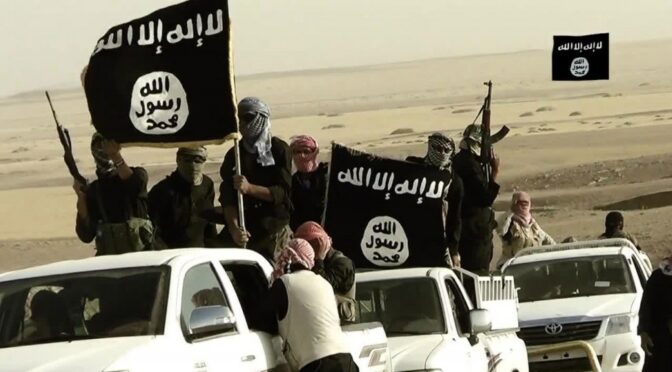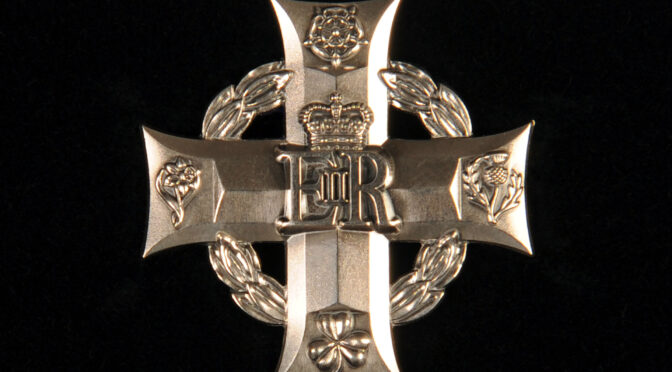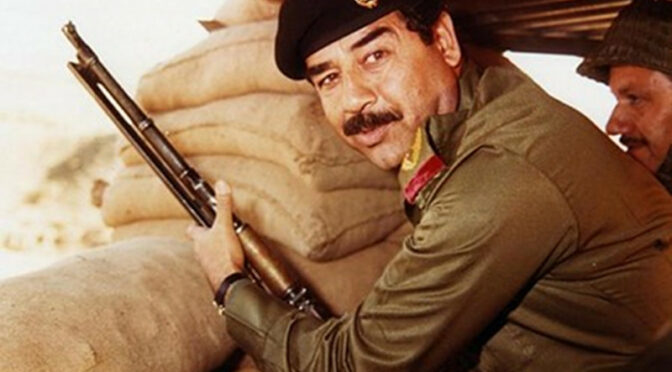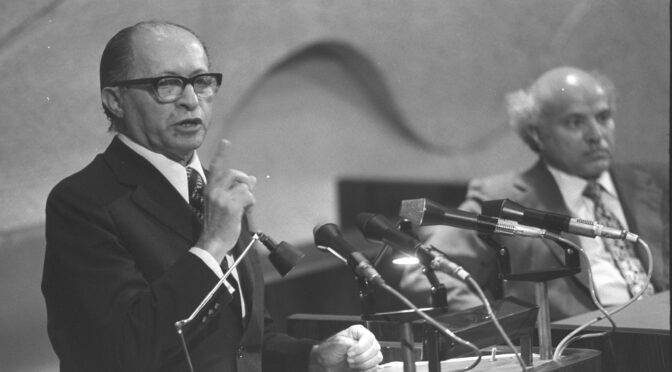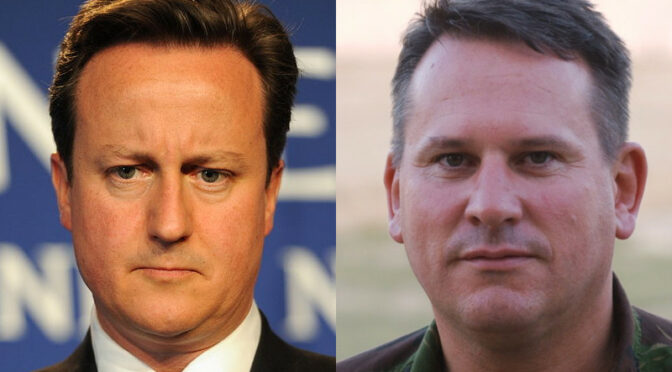Finding a sensible (and safe) way to move forward
by Harold Rhode and Richard Kemp
Article published in The Washington Times, 25 September 2016
Hilary Clinton’s refugee plan is an open invitation for Radical Islam’s unyielding nature to run roughshod over American culture.
It’s by now clear that at least some of the perpetrators of last weekend’s spate of attacks harboured extremist views and sought inspiration in the work of Islamic State and al Qaeda (ISIS praised the Minnesota stabber, and the New York bombing suspect travelled to jihadi hotbeds in Afghanistan and Pakistan).
This is a clarifying reminder that the presidential election must be a referendum on Hilary Clinton’s failed approach to the struggle of radical Islam, and specifically a pressing matter at hand: her plan to admit 65,000 Syrian refugees — a 550 percent increase from the 10,000 Syrian refugees supported by the Obama administration.
It pains us greatly to see the crush of humanity fleeing the violence engulfing the Middle East. We’re also concerned about the security and stability of key American allies. Germany — a country roughly half the size of Texas — has already taken in some 1 million asylum seekers. America must find ways to help. The Clinton proposal, however, is naive and dangerous.
Of course, President Obama bears some responsibility for the turmoil. Some of this started with his hasty withdrawal from the region. It spread with Secretary Clinton’s refusal to punish the perpetrators of the September 11 attack on the US Consulate in Benghazi, and her failure to intervene effectively in the subsequent collapse of that country. Filling the vacuum, terrorists have targeted ethnic and religious minorities they consider apostates, destroyed archaeological and sacred religious sites, and advanced a form of Islam whose cruelty knows no bounds. Continue reading


